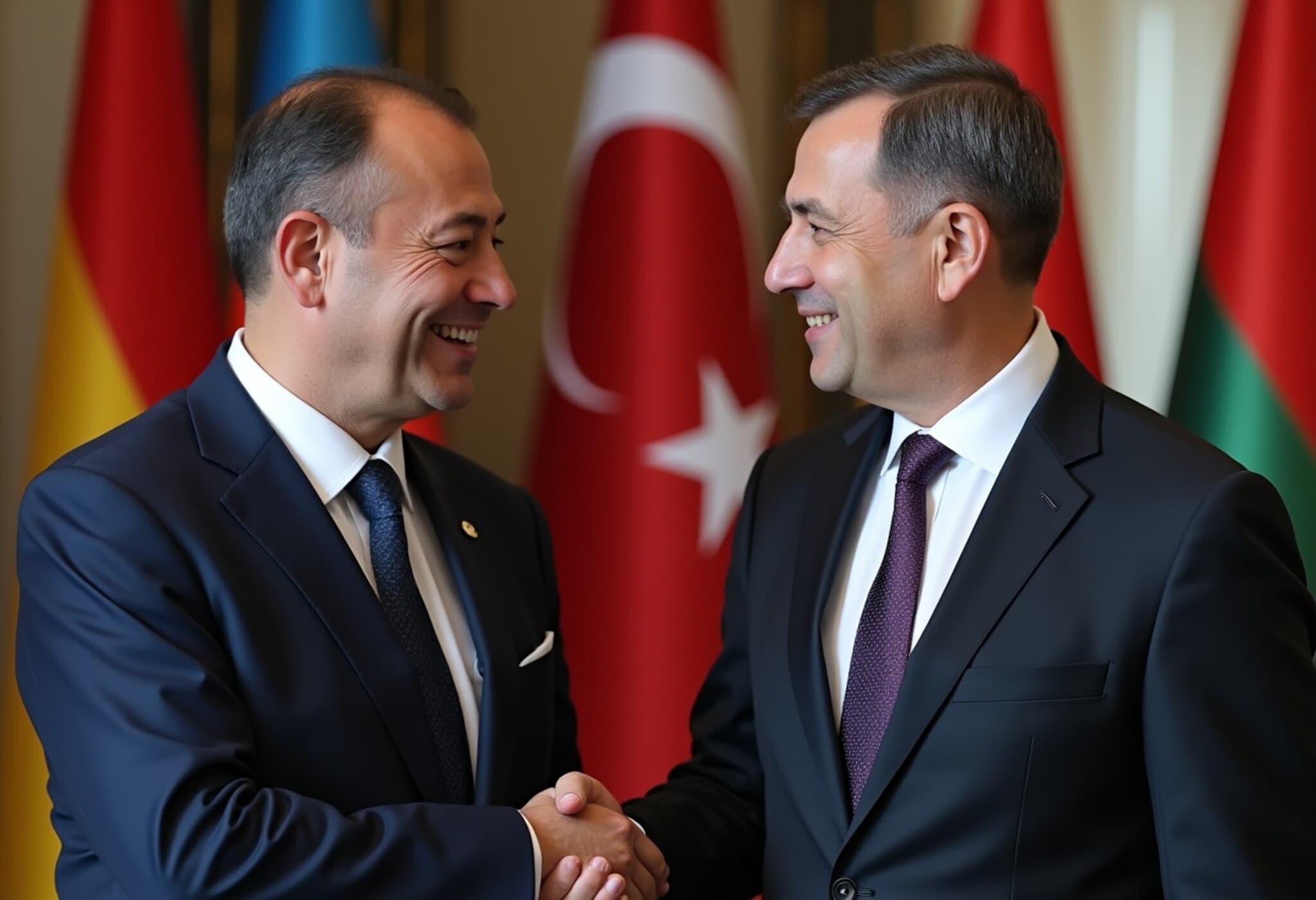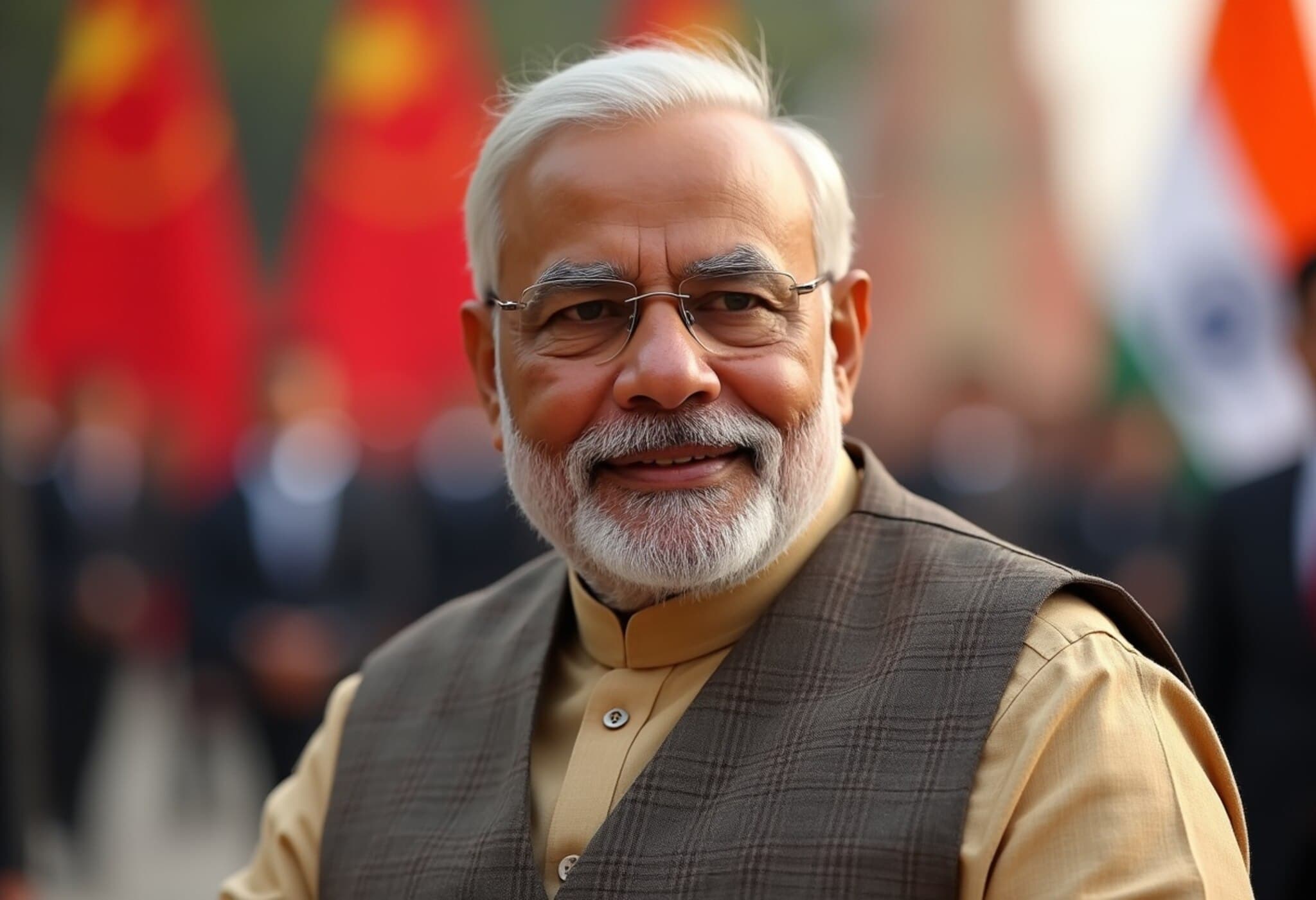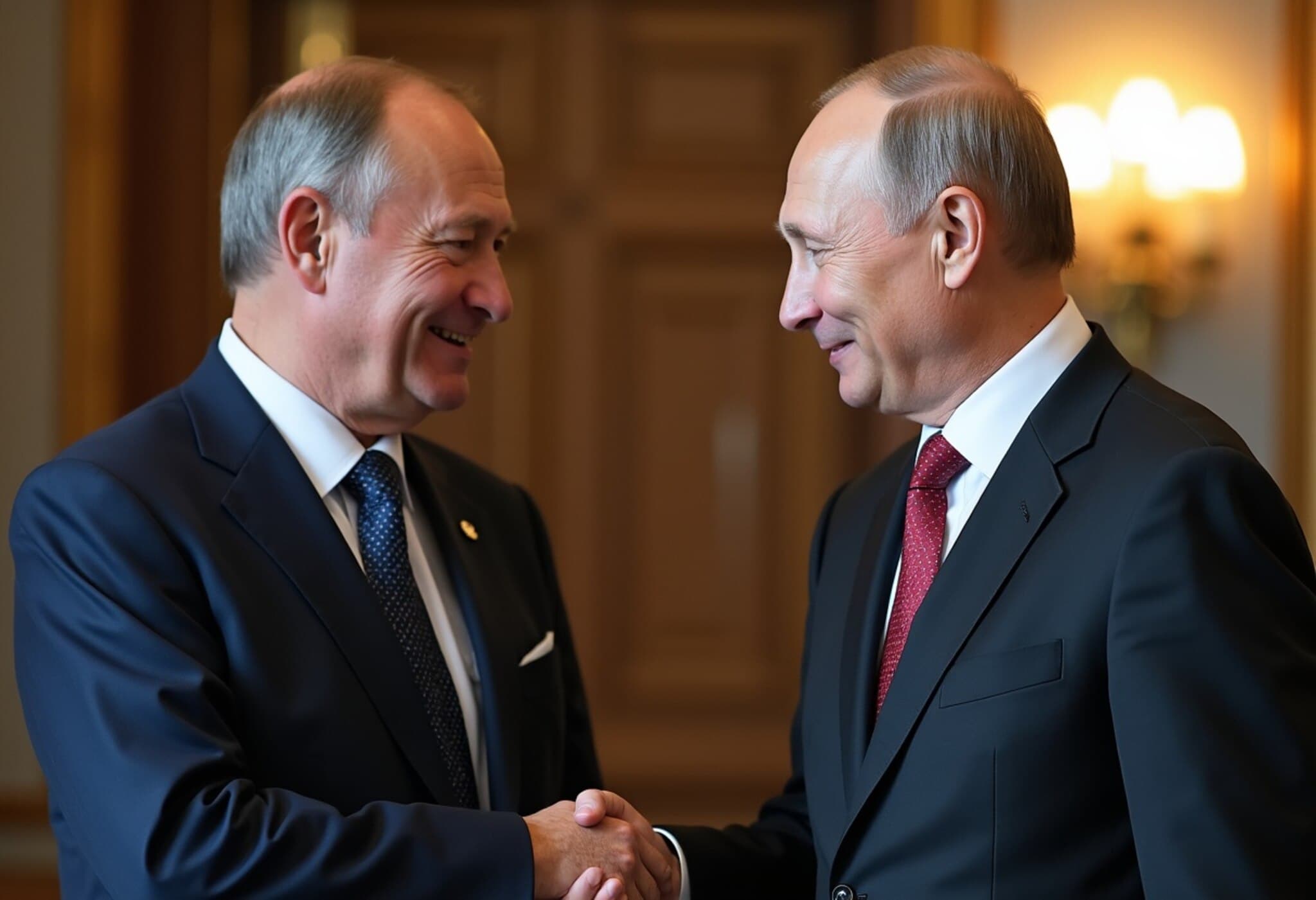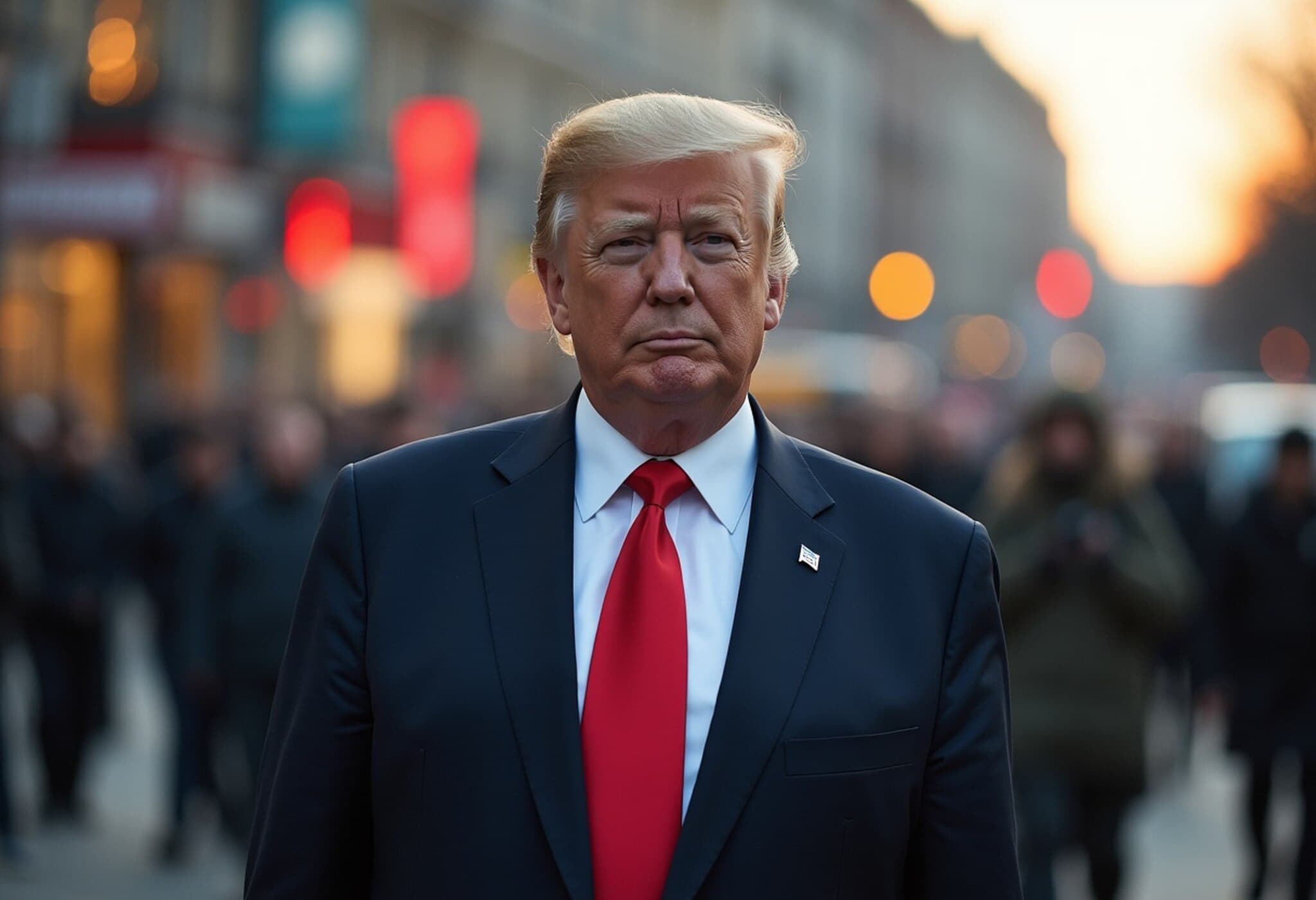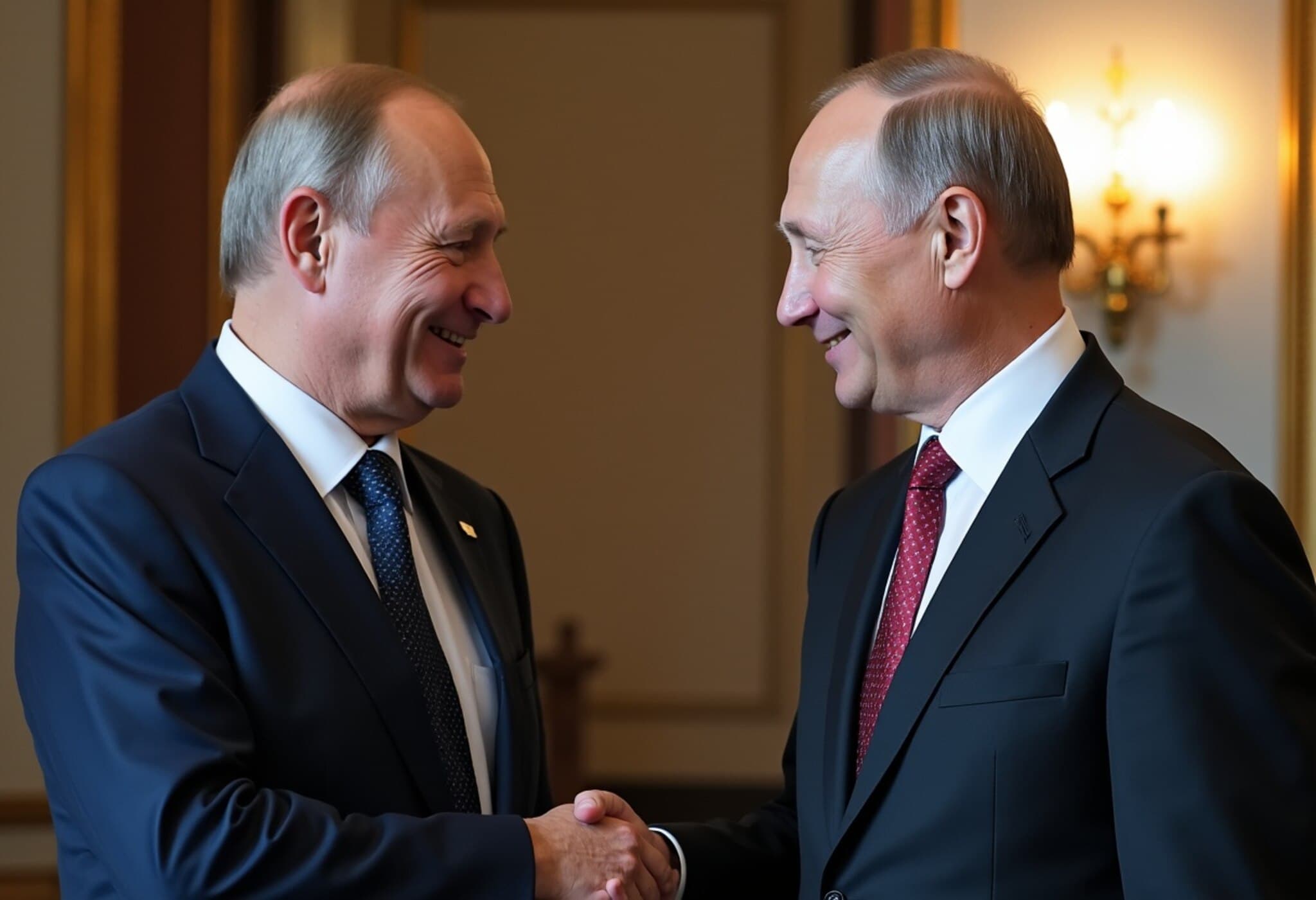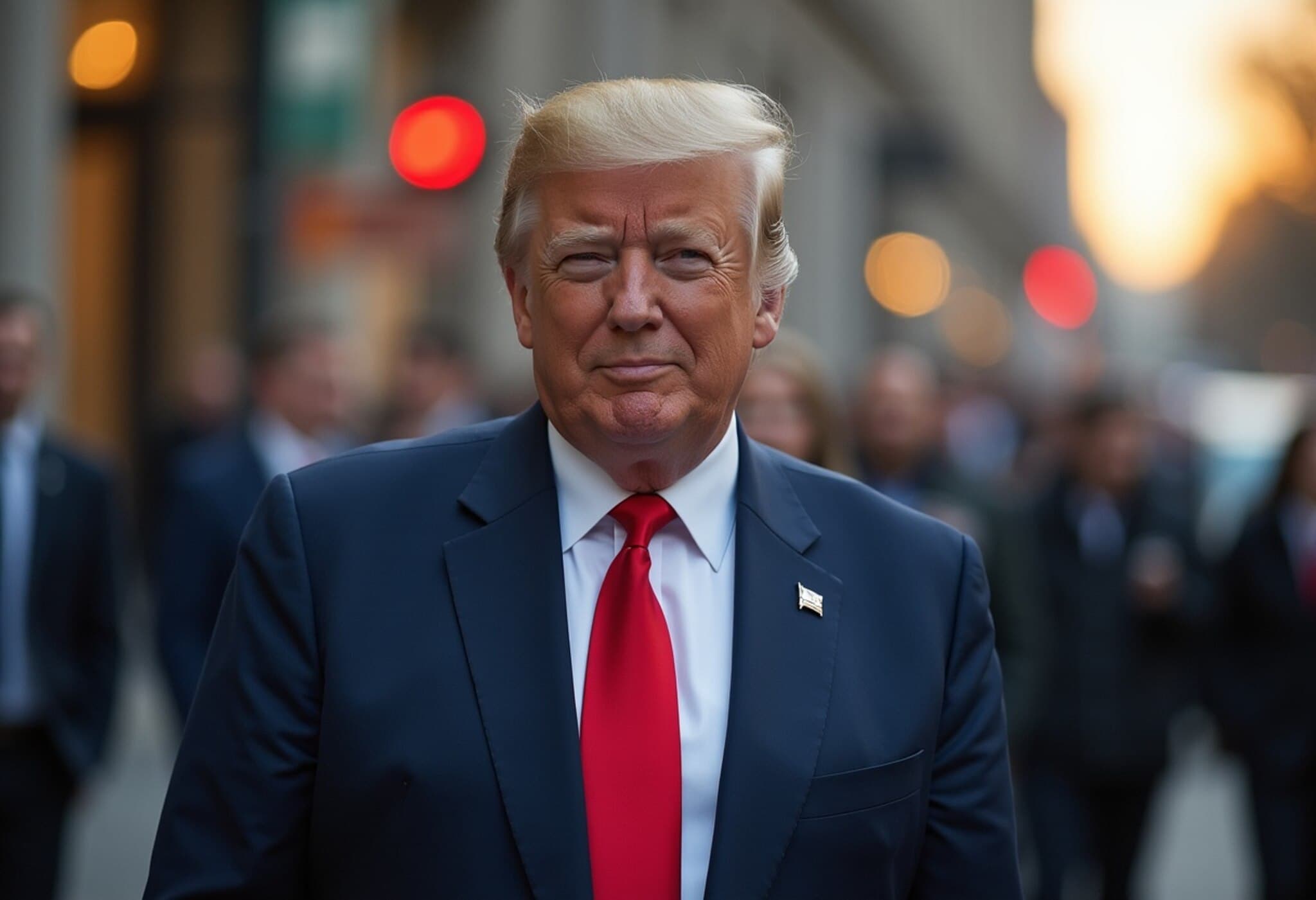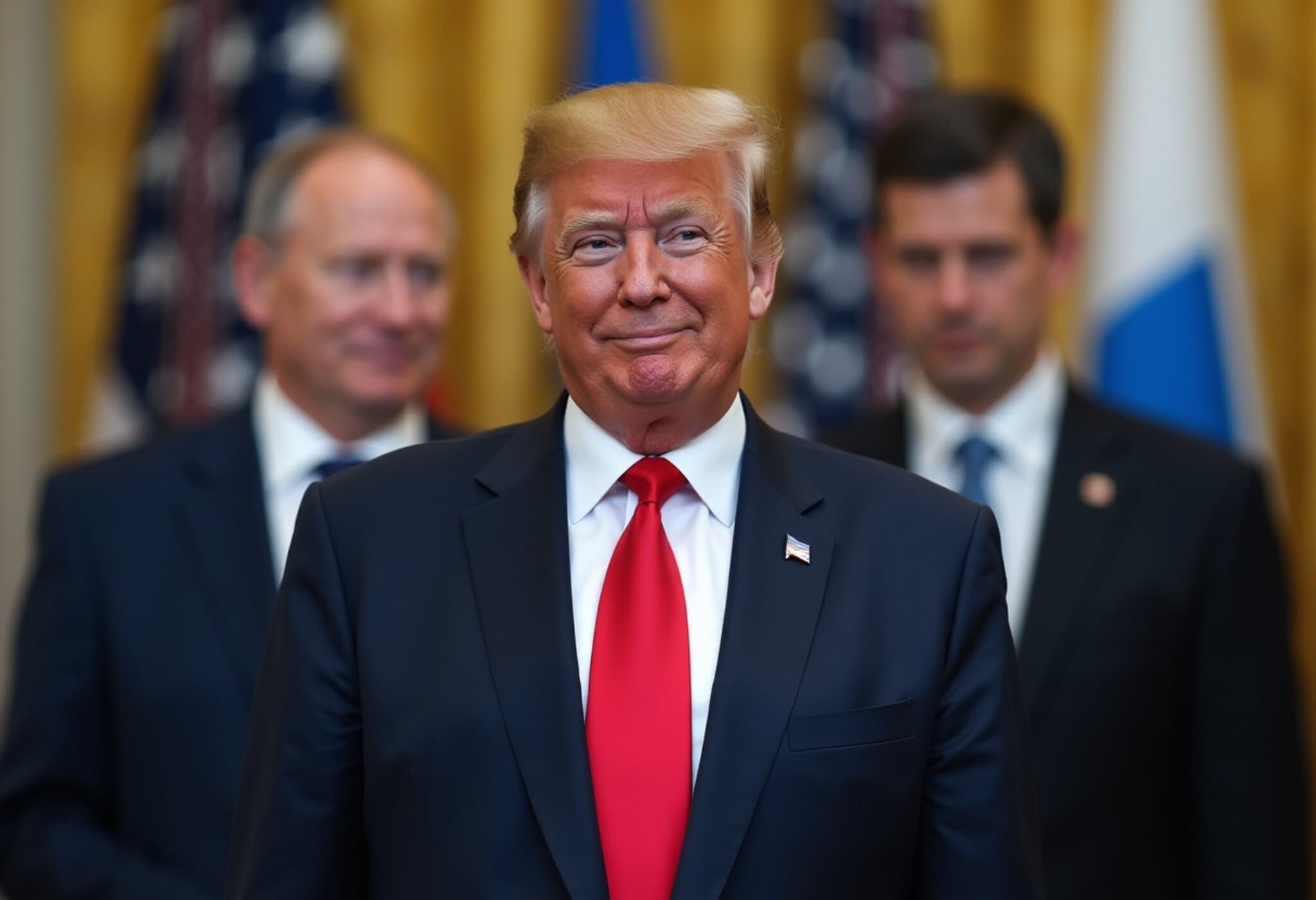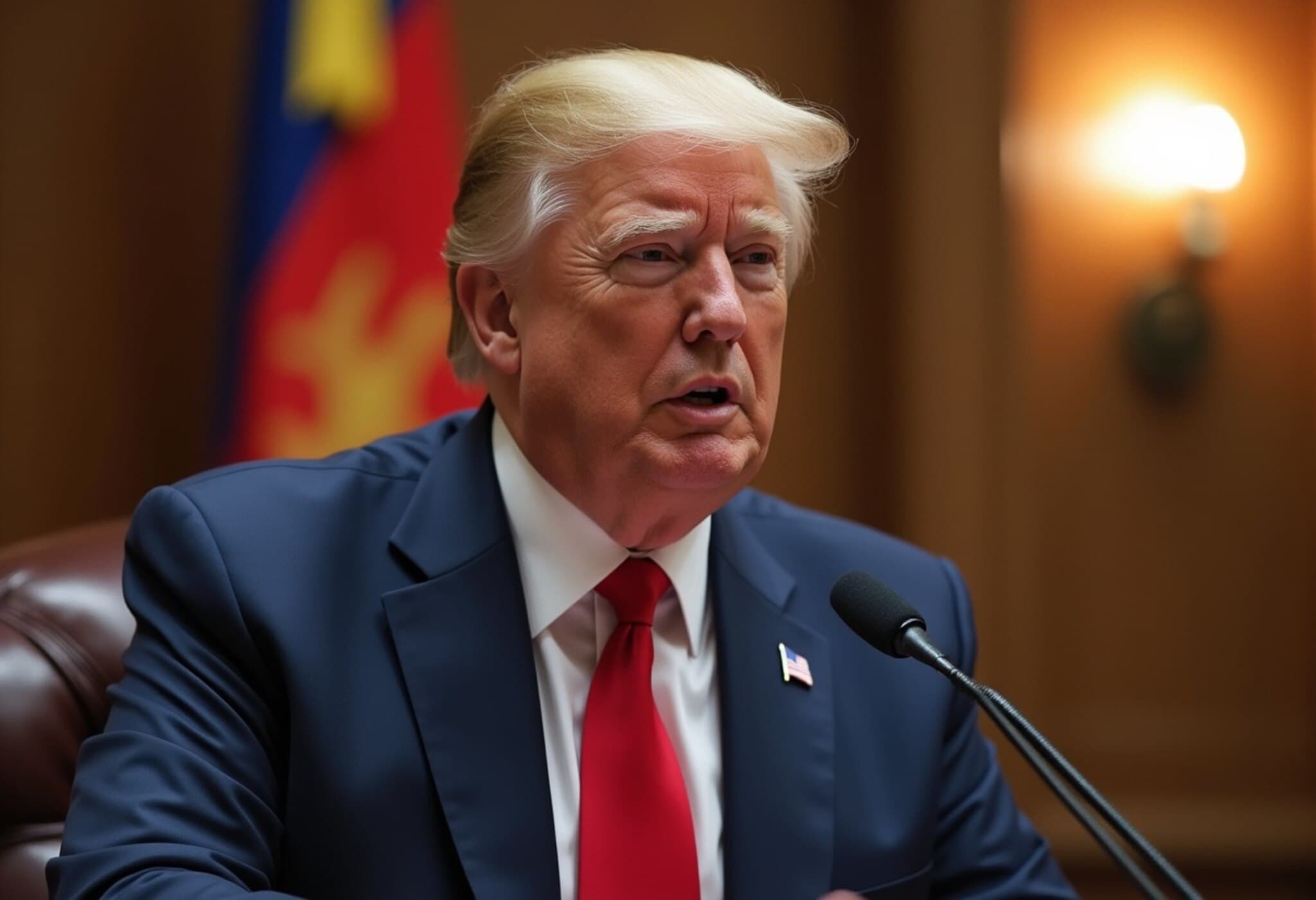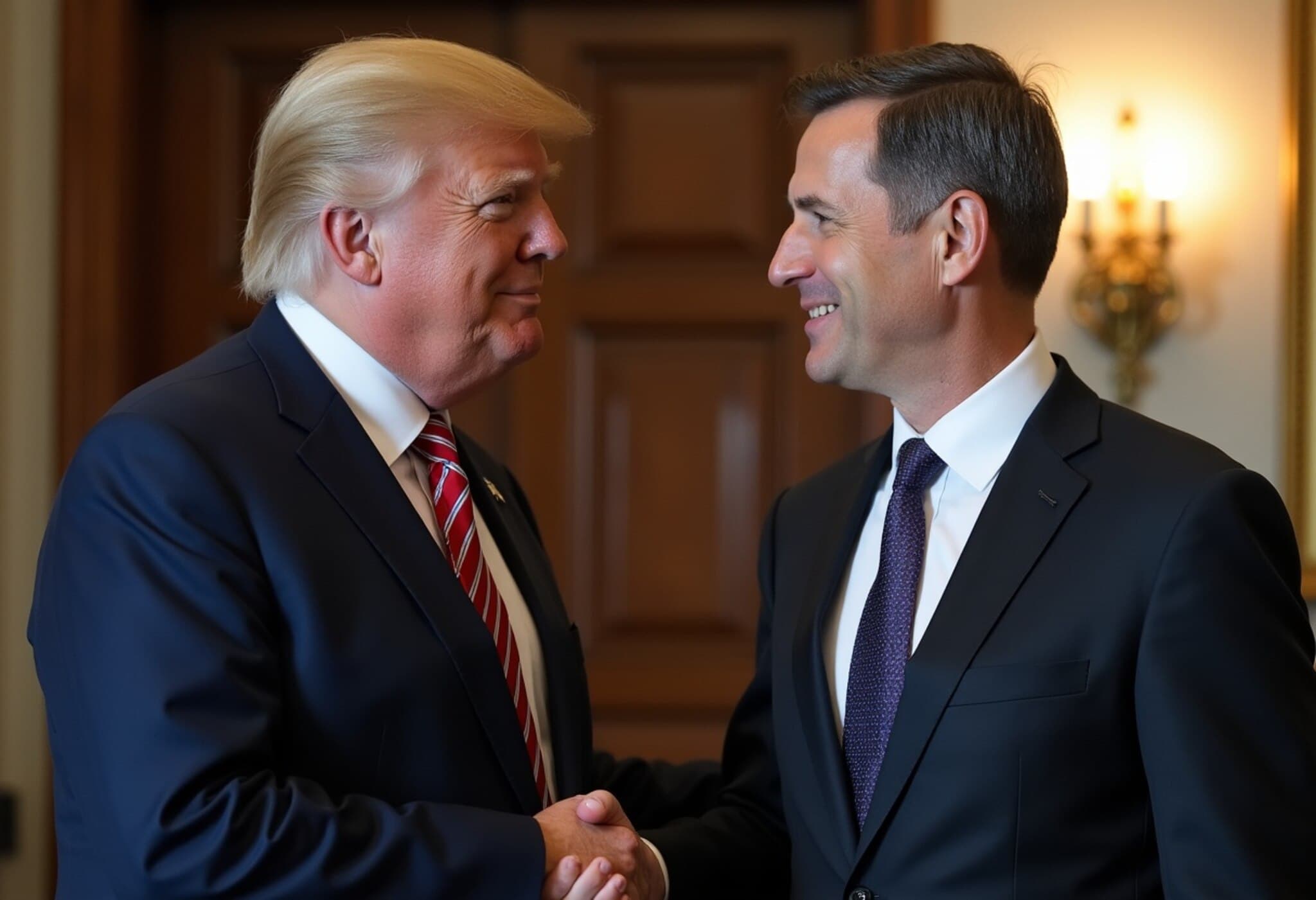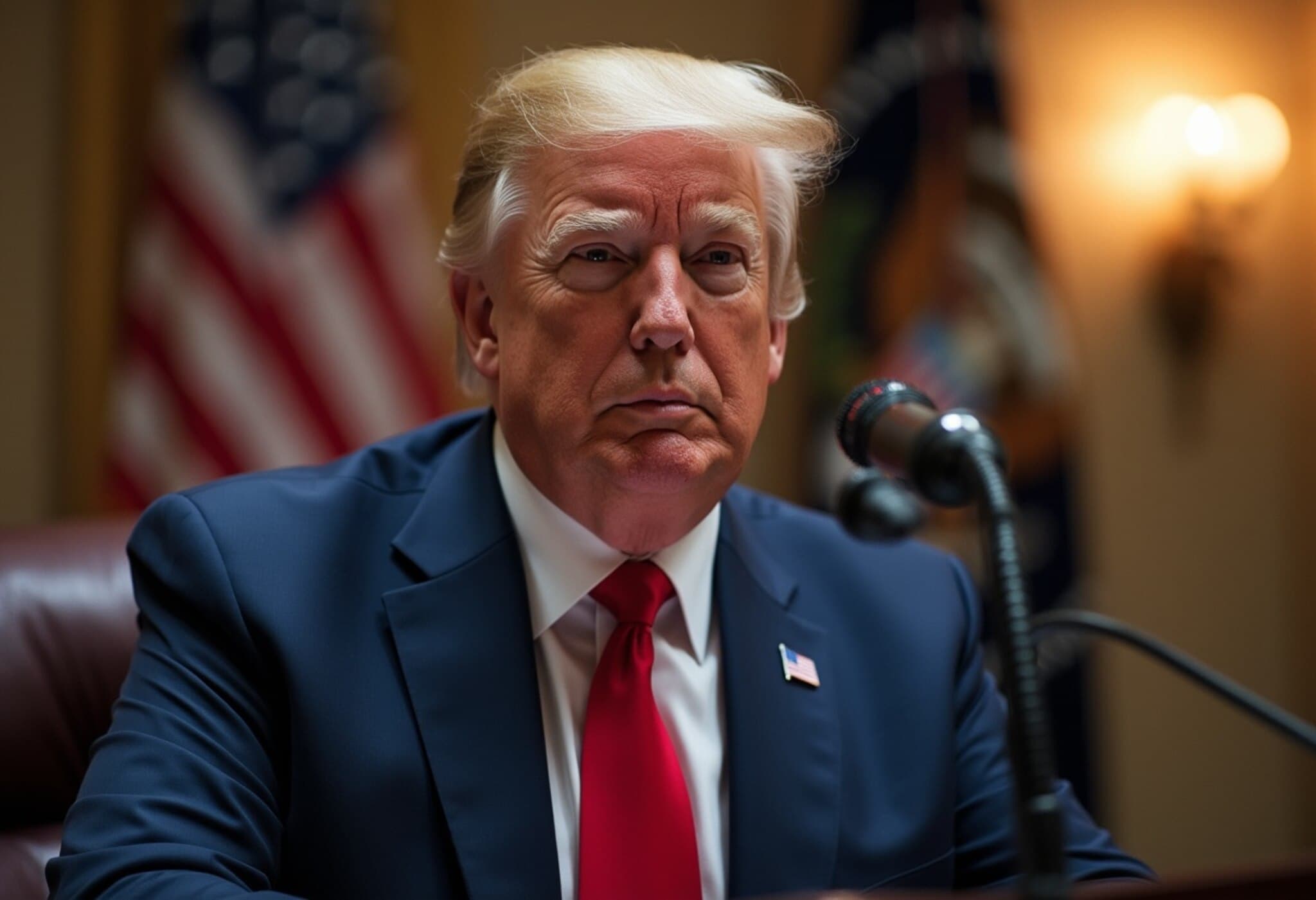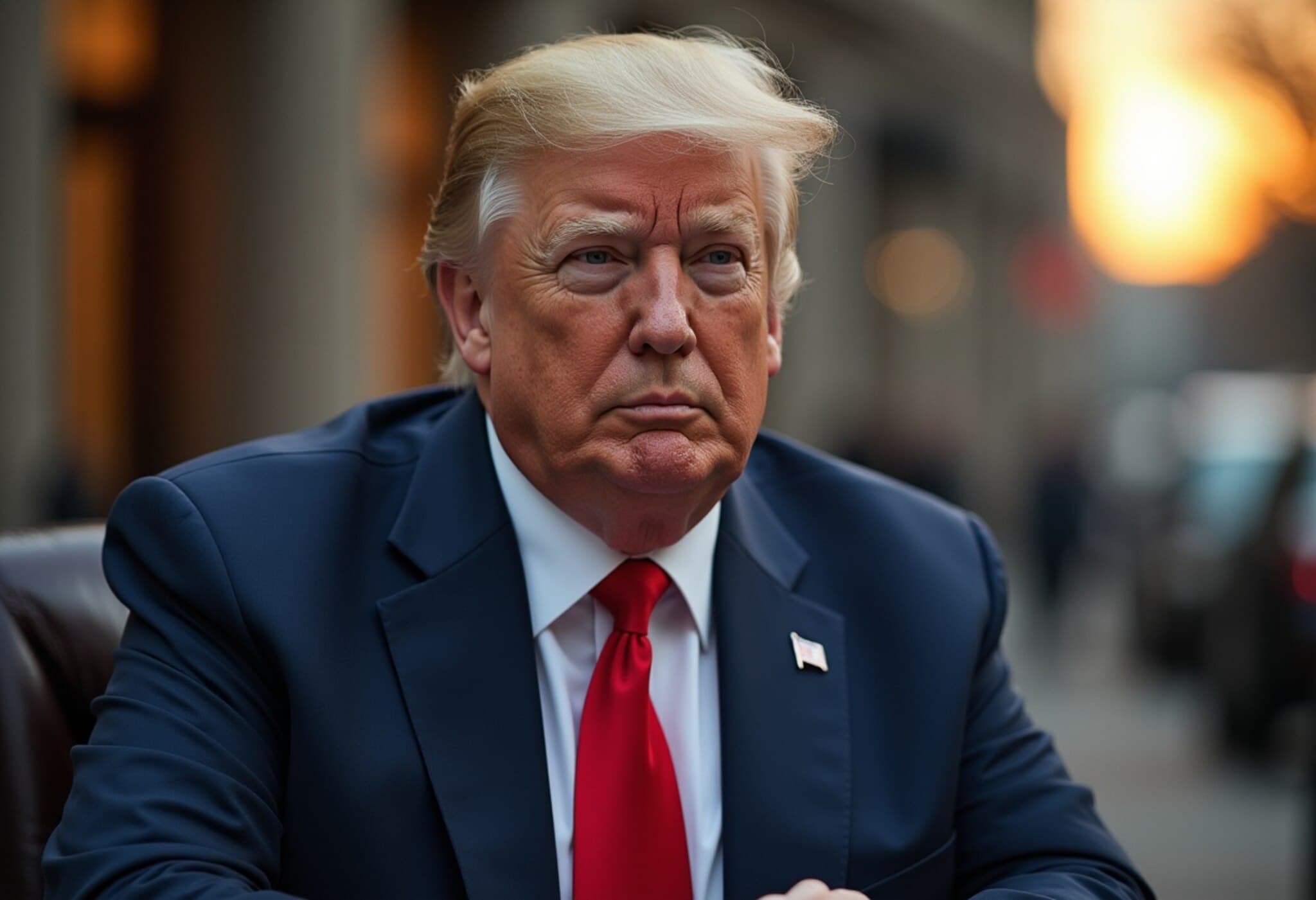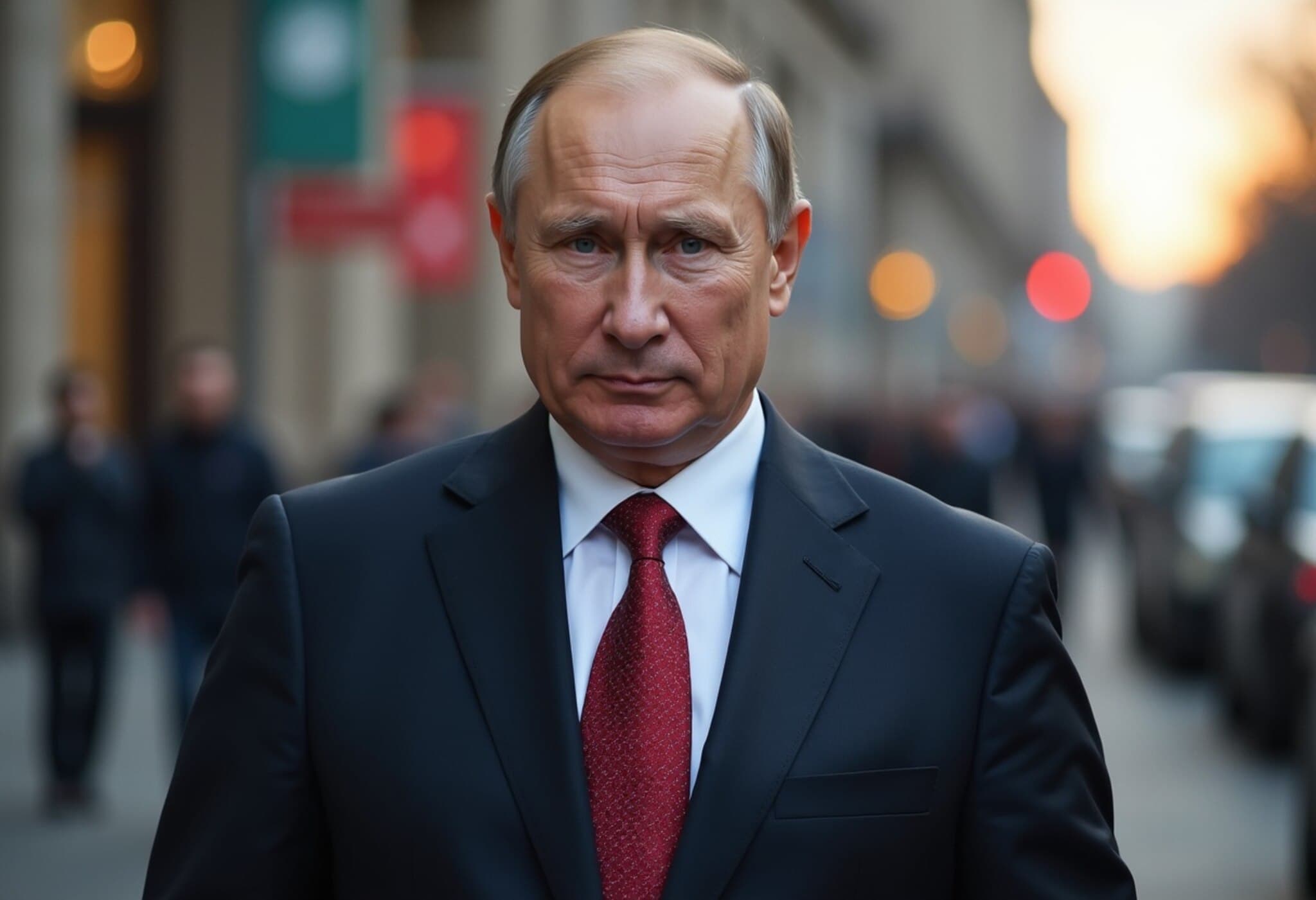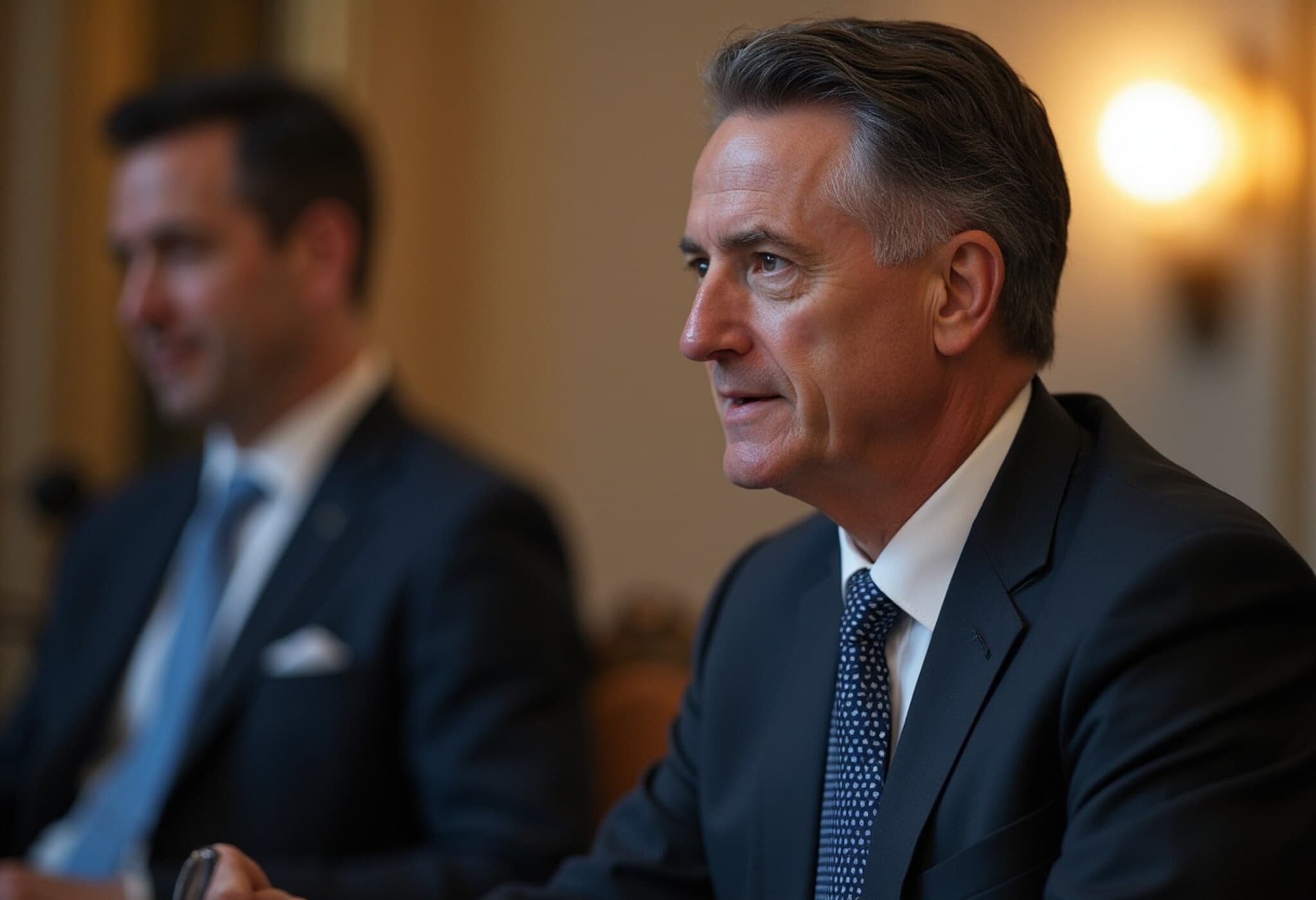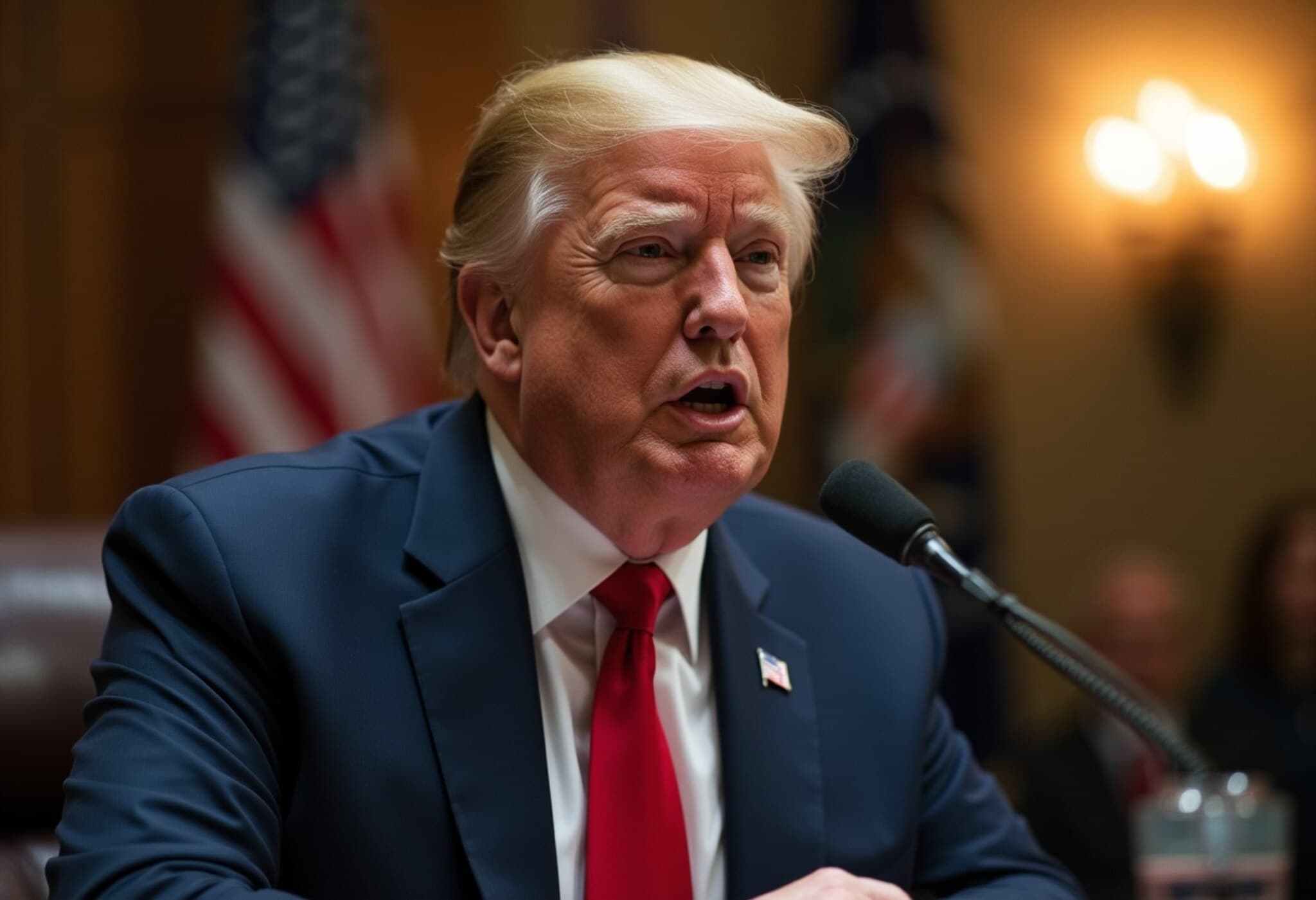Armenia and Azerbaijan End Decades-Long Conflict with Trump’s Mediation
In an unexpected yet powerful display of unity, Armenian Prime Minister Nikol Pashinyan and Azerbaijani President Ilham Aliyev jointly endorsed former U.S. President Donald Trump for the Nobel Peace Prize. Their backing comes in the wake of a historic peace agreement, brokered under Trump’s mediation, which seeks to bring an end to over 30 years of tension and conflict in the South Caucasus region.
The landmark agreement, signed at the White House in Washington, D.C., outlines commitments to cease all hostilities permanently, facilitate open commerce and travel, and respect each nation’s sovereignty and territorial integrity. Trump proudly introduced the accord as a transformational step, emphasizing his belief that the two nations would cultivate a peaceful and productive relationship moving forward.
Historic Peace Deal Signing at the White House
The scene was poignant: President Aliyev, Prime Minister Pashinyan, and former President Trump jointly raised the signed declaration in the White House’s State Dining Room, symbolizing the dawn of a new chapter for a region long marred by warfare.
Aliyev remarked, “Who, if not President Trump, deserves a Nobel Peace Prize?” while Pashinyan called Trump the “peacemaker” behind this breakthrough, stating he fully deserved the esteemed award.
The agreement includes the creation of a strategic transit corridor through Armenian territory, connecting Azerbaijan to its Nakhchivan exclave. This corridor, informally dubbed the ‘Trump Route for International Peace and Prosperity’ (TRIPP), will be under U.S. development rights, underscoring America’s pivotal role in securing and maintaining regional stability.
Contextualizing the Armenia-Azerbaijan Conflict
The conflict mainly arises from disputes over Nagorno-Karabakh, a region internationally recognized as part of Azerbaijan but populated primarily by ethnic Armenians. Following a 2023 Azerbaijani military offensive, Azerbaijan regained control over significant territories, leading to the displacement of over 100,000 Armenians. Given this backdrop, the peace agreement represents not only a cessation of hostilities but a monumental geopolitical shift in the Caucasus.
Prime Minister Pashinyan emphasized the deal as a foundation for a “new era” of cooperation and reconciliation, crediting Trump’s direct involvement as crucial to this development.
U.S. Strategic Interests and Regional Reactions
A senior White House official described the United States as an enormous strategic and commercial partner for Armenia, noting that this agreement signifies a setback for rival powers like China, Russia, and Iran, whose influence in the region has traditionally been robust.
While specifics of the treaty remain to be fully publicized, the bipartisan endorsement of Trump’s peace efforts marks a remarkable moment of consensus rarely seen in today’s polarized global politics.
Trump's Broader Diplomatic Legacy and Other Nominations
This recent success may be the most consequential yet in Trump’s diplomatic portfolio. He has previously highlighted his involvement in initiatives aiming to ease tensions between Cambodia and Thailand as well as India and Pakistan, though some of these claims—specifically regarding India-Pakistan peace—have been questioned or publicly refuted by Indian officials.
Nonetheless, several nations have formally nominated Trump for the Nobel Peace Prize:
- Pakistan cited his decisive role in defusing tensions with India, describing his leadership as pivotal.
- Israel, through Prime Minister Benjamin Netanyahu, recognized Trump’s success in brokering several regional peace efforts.
- Cambodia nominated him for his intervention in resolving border disputes with Thailand, commending his ‘extraordinary statesmanship.’
Expert Perspective: What Does This Mean for Global Peace Dynamics?
From a geopolitical standpoint, the Armenia-Azerbaijan peace accord is noteworthy not just for ending decades of localized conflict, but also for reshaping power equations in a region long influenced by Russia and Iran. The United States, through Trump’s personal involvement, appears to be reasserting its influence in the South Caucasus.
However, the long-term durability of this peace depends on many variables, including political will on both sides, economic incentives, and the maintenance of international oversight—particularly by the U.S. The establishment of the TRIPP corridor is innovative but also potentially contentious, given the strategic sensitivities.
Moreover, the Nobel Peace Prize nominations amid ongoing global divisions provoke reflection on how peace achievements are recognized in an era of complex diplomatic narratives and often polarized opinions about global leadership.
Conclusion: A Complex Milestone in a Divided World
The joint backing of Donald Trump by Armenia and Azerbaijan for the Nobel Peace Prize following this breakthrough underlines an underreported narrative of cooperation, diplomacy, and hope. Yet, as with many geopolitical developments, the path ahead will require sustained commitment, mutual trust, and perhaps most critically, the consistent engagement of multiple international actors.
As the world watches how this accord will unfold, one defining question remains: Can this model of U.S.-mediated diplomacy serve as a catalyst for peace in other conflict-ridden regions, or is it an isolated success shaped by unique regional dynamics?
Editor’s Note
This rare moment of cross-border endorsement of Donald Trump for the Nobel Peace Prize challenges prevailing narratives about his diplomatic legacy. While the Armenia-Azerbaijan peace deal marks a hopeful turning point, its implementation will test the robustness of international mediation in high-stakes conflicts. We invite readers to consider how peace prizes not only honor leaders but also reflect the complexities of global politics and the nuanced realities behind headline diplomacy.

